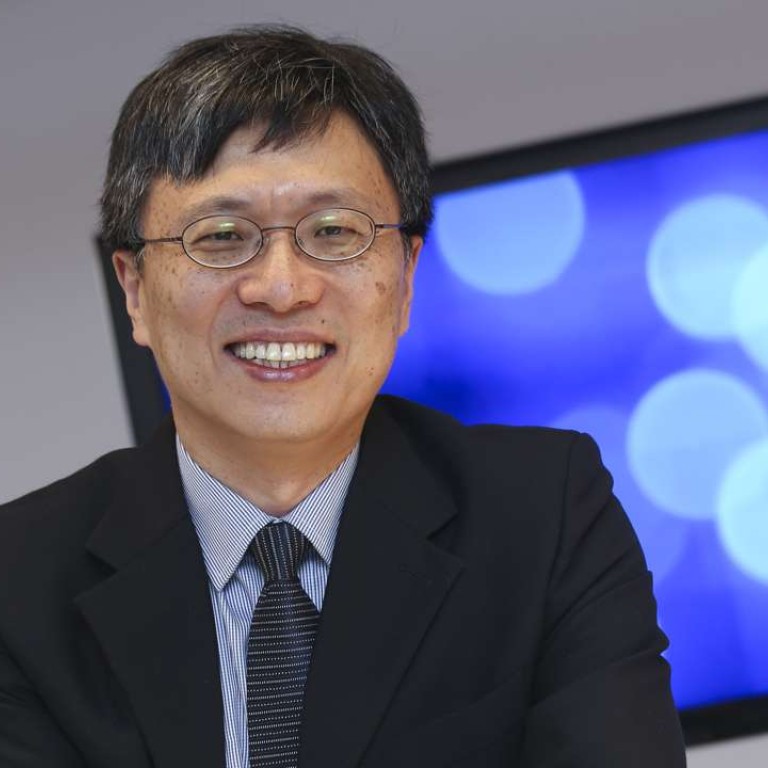
Baidu, Alibaba, Tencent advance China’s AI development goals, says Microsoft research head
The mainland may be closing in on the US in developing artificial intelligence, led by its three main internet firms, says Microsoft’s Shum
Mainland China, led by its three largest internet companies, may be narrowing the gap with the United States in undertaking advanced research and development in the growing field of artificial intelligence, according to the head of software giant Microsoft’s AI organisation.
“This is probably the greatest business opportunity of our time, so all of the world’s major technology companies are now in the AI race,” Harry Shum Heung-yeung, the executive vice-president for the artificial intelligence and research group at Microsoft, told the South China Morning Post.
All three BAT companies have sharpened their focus on AI research and development in recent years, following earlier initiatives pioneered in North America by institutions like Carnegie Mellon University, Stanford University and the University of Waterloo, as well as hi-tech giants like IBM, Microsoft, Google and Apple.
In the AI race between countries, the gap is now rather small because the latest and greatest technologies, including source code, are being shared online
While the study of AI dates back about 60 years, Shum said three things have converged to push forward recent advances: the existence of huge volumes of data, the availability of large amounts of computing power and breakthroughs in algorithm.
“Each of the BAT companies have a lot of data, whether these come from search, e-commerce, social networks or games,” Shum said. “Each one has significant cloud resources that provide them with a lot of computing power, and they are also investing heavily in breakthrough algorithms.”
Shum, who leads more than 7,000 AI scientists and engineers at Microsoft, pointed out that there was now a more level playing field in AI, thanks to the internet as well as the growing number of experts working in the field.
“So in the AI race between countries, the gap is now actually rather small because the latest and greatest technologies, including source code, are being shared online,” he said.
Mainland China’s total investments in AI enterprises reached US$2.6 billion last year, according to an industry ranking from domestic think tank Wuzhen Institute. The US topped that list with an estimated US$17.9 billion in investments in the same period.
Baidu, China’s online search market leader, has pushed hard into AI by developing its own autonomous driving system and an AI team of more than 1,300 experts spread across the mainland and the US.
AI initiatives at e-commerce powerhouse Alibaba, which owns the Post, are led by subsidiary Alibaba Cloud. Its machine-learning platform, PAI, provides a suite of software tools and AI algorithms to help businesses do data mining and statistical analysis.
Online games giant Tencent, which runs social messaging service WeChat, has ramped up its AI efforts by forming a dedicated team of 250 scientists and engineers. Last year, Tencent invested in Chinese health care AI start-up iCarbonX.

